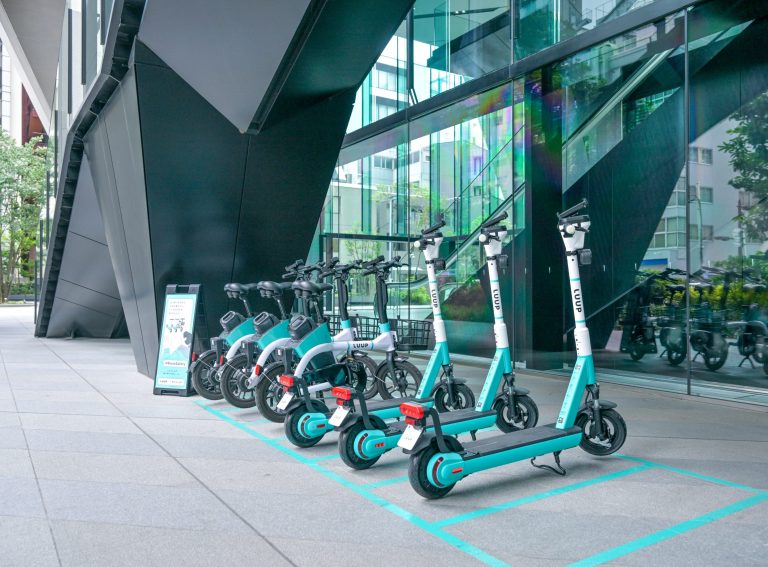A new International Transport Forum report has found that most cities agree micromobility helps enrich the urban mobility mix.
Authored by ITF policy analyst Tatiana Samsonova, the report is based around an expert discussion held at the ITF virtual roundtable on “Micromobility, Equity and Sustainability” earlier this year and investigates how micromobility can address congestion, CO2 emissions and air quality in cities and benefit users.
The report reviewed the benefits and social costs of shared e-scooters, e-bikes and pedal bikes, while also examining the regulatory frameworks that can maximise the efficacy of micromobility.
It found that “most city authorities agree that micromobility enriches urban mobility”, but notes that the extent to which the benefits can be fully realised depends on an optimised regulatory framework.
The ITF also offered 12 recommendations for authorities implementing micromobility schemes:
- Base regulation on sustainable urban mobility policy objectives
- Consult micromobility companies on public policy issues early and often to avoid distorting regulations
- Apply outcome-based regulations linked to specific performance criteria
- Ensure limits on market access allow competition; avoid static caps on shared micromobility vehicle fleets
- Limit data-reporting requirements to information used for mobility planning
- Set regulatory fees in light of the potential value of micromobility for sustainable mobility and the uncertain viability of business models
- Support equitable and affordable micromobility services
- Follow the principle of mode-neutrality when developping an urban transport system
- Reallocate road and parking space to micromobility users, cyclists and pedestrians
- Address motor vehicle speeds when regulating micromobility speed
- Apply coherent regulation that treats micromobility operators equally
- Adopt a permissive and adaptive regulatory approach to micromobility.
“Given the fast-evolving nature of new micromobility services, local authorities are unavoidably going through a period of trial and error,” the report concluded.
“They are learning from experience that some regulatory approaches or specific rules work better than others. Some of the most successful have proven to be incremental approaches that have welcomed entrance to the emerging market and addressed problems where warranted while at the same time regulating and providing space for the new modes. Cities that are advancing in this approach include Brussels and Paris.
“Importantly, governments need to align regulatory frameworks with goals for achieving sustainable mobility, equitable access and integrated transport and land-use policies from the outset. Regulatory interventions should assess how to maximise net welfare benefits for society and create user benefits from shared micromobility services whilst containing potential negative impacts. Regulation should take into account efficiencies, environmental performance, beneficial competition outcomes, equitable accessibility and urban planning and road-space allocation consistent with sustainable mobility policy.”
The International Transport Forum at the OECD is an intergovernmental organisation which acts as a think tank within transport policy.
With 63 member countries, it is the only global body that covers all transport modes, including micromobility.




